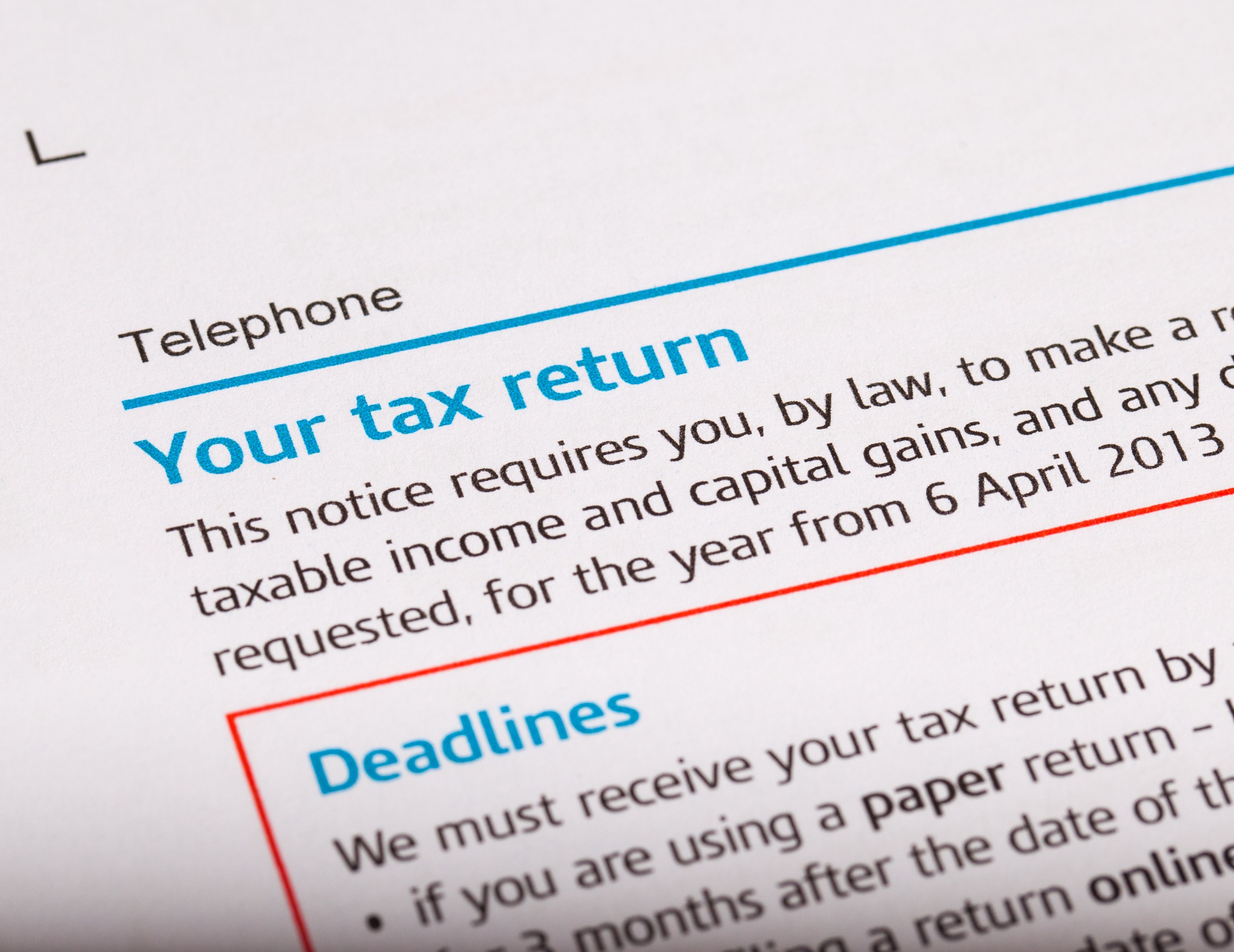So who needs them?
Many people wonder, who can get a tax return? In the UK, not everyone needs to file a tax return, but certain situations require it. Whether you’re self-employed, earn additional income, or want to claim tax reliefs, understanding who needs to file a return is important. In this blog, we’ll explain the key scenarios when filing a return is necessary and who benefits from doing so.
1. Self-Employed Individuals
Reporting Your Income
If you’re self-employed, HMRC requires you to submit a self assessment tax return. This applies whether you work as a freelancer, contractor, or run your own business. Filing a return is how you report your earnings and expenses. It also helps you calculate the tax you owe. Additionally, self-employed individuals can claim allowable business expenses to lower their tax liability.
Managing Multiple Income Streams
If you earn money from more than one source—such as side business income alongside a regular job—you will need to file a tax return. This ensures that all earnings are reported accurately and that you pay the right amount of tax.
2. Landlords and Property Income
Rental Income
If you own rental property, HMRC requires you to declare any income from renting it out. You must submit a return whether you rent out a single property or multiple ones. You can also claim deductions for allowable expenses like maintenance or mortgage interest, which can reduce your tax liability.
Selling a Property
If you sell a property that isn’t your primary residence, and make a profit, you may owe capital gains tax. In that case, you’ll need to file a tax return to report the gain and pay the required tax.
3. High Earners
Earning Over £100,000 a Year
If your income exceeds £100,000, you must file a tax return with HMRC. Even if you pay tax through PAYE (Pay As You Earn), you still need to report your income through a self assessment return. This ensures all income is accounted for and the right amount of tax is paid.
Claiming Child Benefit
If you or your partner claim Child Benefit and one of you earns over £50,000, you may be subject to the High Income Child Benefit Charge. In this case, filing a tax return is required to pay back part of the benefit.
4. Investors and Savings Income
Income from Dividends or Interest
If you receive dividends or interest from savings and investments, and the amount exceeds your tax-free allowances, you must file a tax return. The personal savings and dividend allowances mean you can earn a certain amount tax-free, but earnings over these limits must be reported to HMRC.
Capital Gains
If you sell investments, such as shares, and make a profit above the annual capital gains tax allowance, you need to declare this. Capital gains tax is due on profits from certain asset sales, and the tax return reports the gain and calculates the tax owed.
5. Company Directors and Shareholders
Reporting Dividends
Company directors and shareholders who receive dividends exceeding the dividend allowance must file a tax return. This allows HMRC to calculate the correct tax on dividend income not covered by PAYE.
Directors with Additional Income
If you’re a company director and have extra income, such as rental or investment earnings, you must file a tax return. Even if your salary is taxed through PAYE, you must report other earnings via self assessment.
6. Claiming Tax Relief
Tax Relief for Pension Contributions
If you contribute to a personal pension scheme and want to claim taxation relief, you may need to file a return. Higher-rate taxpayers can claim additional tax relief on pension contributions through self assessment, which helps reduce overall tax bills.
Charitable Donations
Donations made to charity under Gift Aid allow higher-rate taxpayers to claim extra tax relief. Filing a return lets you claim this relief and lower your bill.
7. People with Overseas Income
Earning Money Abroad
If you receive income from overseas, such as rental earnings, salary, or investments, you must report this to HMRC. The UK has treaties to prevent double taxation, but you still need to declare foreign income on your return. Filing a return ensures that you meet your tax obligations and avoid penalties.
How TRW Accountants Can Help
At TRW Accountants, we help individuals and businesses understand who needs them and when it’s required. Whether you’re self-employed, a landlord, or earning additional income, our expert team ensures that your tax return is filed accurately and on time. Contact us today to see how we can simplify the tax return process for you.
Conclusion
So, who can get a tax return? If you fall into any of the categories above, filing a return is likely necessary. Whether you’re self-employed, have extra income, or want to claim tax relief, submitting a tax return ensures you comply with HMRC regulations and avoid penalties. A professional accountant can help make the process easier and ensure your return is accurate and optimised for savings. For more insights, explore our resources on Self Assessment Tax Returns in Kent and Accounting in Kent for Small Businesses.

